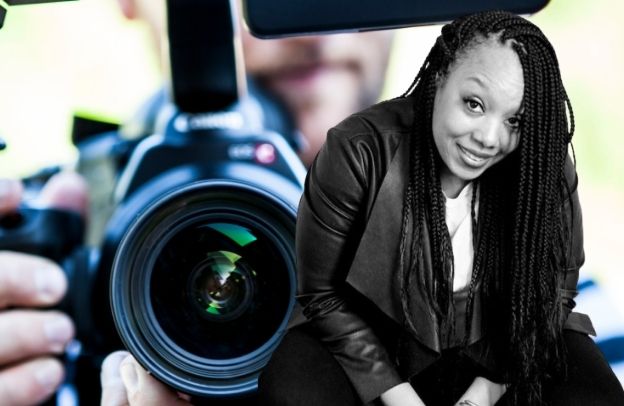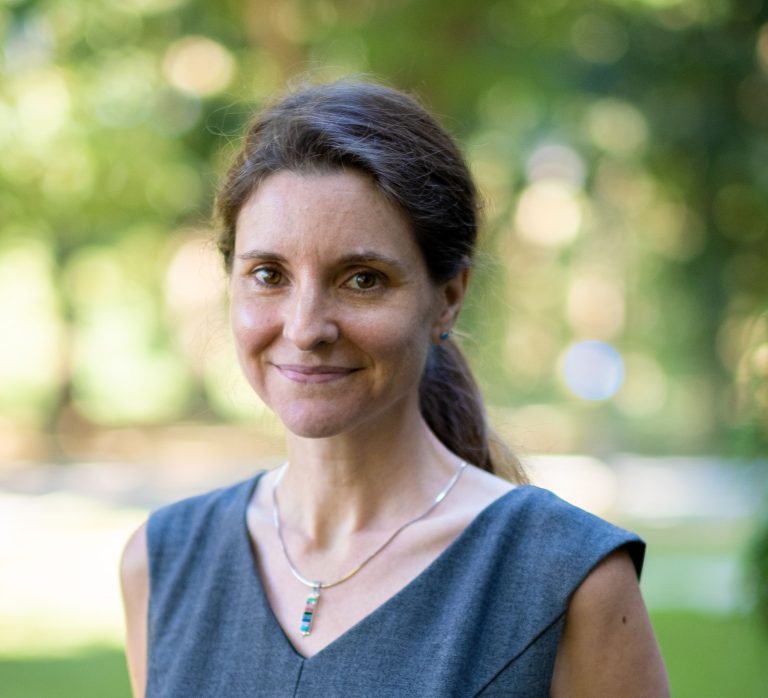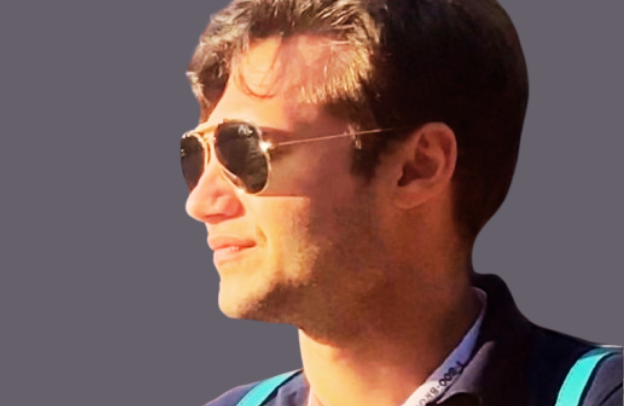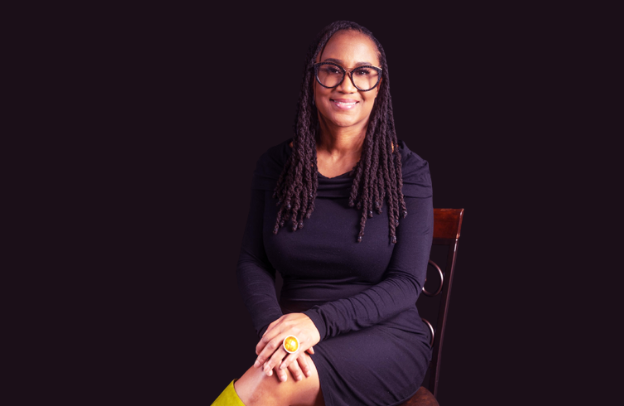A Voice for the Voiceless: What Animal Welfare Reveals About Our Humanity with Dr. Iyasere Oluwaseun

Have you ever considered that the way we treat animals is a direct reflection of our own humanity? This isn’t just a philosophical idea; it’s a profound truth with deep psychological and societal implications. On a recent episode of The Obehi Podcast, host Obehi Ewanfoh sat down with Dr. Iyasere Oluwaseun, an animal behavior and welfare expert with over 18 years of experience, to explore this critical connection.
Learn How to Leverage Your Story through our Story To Asset Framework.
Dr. Iyasere’s journey began not in a sterile laboratory, but in her childhood backyard, surrounded by her father’s animals. She fondly recalls a goat they called “mama goat,” an early experience that sparked a lifelong passion.
See the full interview with Dr. Iyasere Oluwaseun
This personal story became the foundation of her mission: to be a “voice for the voiceless.” Her work challenges us to look beyond our preconceived notions and understand the deep, intricate bond we share with the animal world.
The Unspoken Connection: One Welfare for All
A core insight from Dr. Iyasere’s work is the concept of animals as sentient beings. This means they have the capacity to feel both pain and pleasure, just as we do. “We also need to understand the fact that animals are sentient beings,” she explains. “If you do something painful on them, you can see the reaction.”
This understanding is the bedrock of the “One Welfare” concept, which highlights the undeniable interconnection between human welfare, animal welfare, and the environment. The health of one directly impacts the health of the others.
Dr. Iyasere points to a chilling correlation: societies where animal abuse is common often see higher rates of human violence. When a child is taught empathy for an animal, they learn responsibility and compassion that extends to their fellow humans.
Conversely, early acts of cruelty can lead to what psychologists call desensitization, where a person gradually loses the ability to feel for another’s suffering. As she notes, this can create a dangerous path where someone “graduates from inflicting pain to animals then to human beings.”
This powerful insight urges us to see animal welfare not as a separate issue, but as a fundamental part of building a healthier, more compassionate society. It’s a real-world application of the African philosophy of Ubuntu, the belief that “I am because we are.” Our humanity is tied to the well-being of all living things.
From Roots to Relevance: Learning from Nature and Tradition
In many parts of Africa, cultural beliefs have created a complex and often fearful relationship with certain animals. Dr. Iyasere shared a haunting personal story from her childhood about a cat being brutally killed due to the belief that it was evil. “Till today,” she confides, “I still [hear] the screaming of the cat.”
See also Unlocking the Brain: Why Memory Training Should Be in Every School
This story is a powerful lesson in how a narrative, a story we tell ourselves, can lead to immense suffering. The same cat seen as a symbol of witchcraft in one culture is a beloved pet in another. The only difference is the perspective.
This is where we must challenge our stories and seek deeper wisdom. Obehi Ewanfoh eloquently pointed out that nature is a library of free information, if only we are humble enough to learn.
We build fighter jets by studying the aerodynamics of birds and design high-speed trains inspired by the simple millipede. Dr. Iyasere echoed this, referencing a proverb from the Bible: “Go to the ant… consider its ways and be wise.” Ants teach us about organization and division of labor, a perfect model for any community or business.
In her book, Go to the Hen, Dr. Iyasere shares 14 powerful life lessons learned from 18 years of studying chickens. One key lesson is that, like chickens, every human is unique. “You need to embrace yourself the way you are,” she advises. “You are a unique being.”
See also Lenore Bartholomew, The New CFO And COO Of WeDiasporan Organizations
This is the essence of owning your story and using your unique voice to contribute to the world, a central theme we explore on The Obehi Podcast. By respecting and observing animals, we learn invaluable lessons about purpose, community, and our own place in the world.
The Action You Can Take Today: Building a Legacy of Compassion
The conversation made it clear that what we give to animals, we ultimately give to ourselves. Inflicting pain on an animal before consumption doesn’t just end there; it affects the quality of the meat, contributes to the spread of disease, and can lead to antimicrobial resistance in our own bodies. As Obehi summarized, “we are going to reap what we sow.”
So, how do we sow seeds of kindness and respect? Dr. Iyasere offers three clear, actionable steps:
- Catch Them Young: We must integrate animal welfare education into our school curriculums from a young age. By teaching children empathy for animals, we are building a foundation for a more compassionate future generation.
- Raise Awareness: Conversations like this one are vital. We must use our platforms, from family discussions to podcasts, to talk about the importance of animal welfare. Share this article, discuss the podcast episode, and start a dialogue in your community.
- Promote and Implement Policies: While many countries have animal welfare laws, implementation is often weak. We must advocate for stronger enforcement to protect animals and, by extension, ourselves.
Ultimately, caring for animals is an act of owning our collective human story. It’s about building a life and legacy defined not by dominance, but by connection and compassion. Let’s choose to be a voice for the voiceless and, in doing so, amplify the very best of our own humanity.
To dive deeper into this topic and explore over 1,000 other inspiring interviews, listen to The Obehi Podcast.





